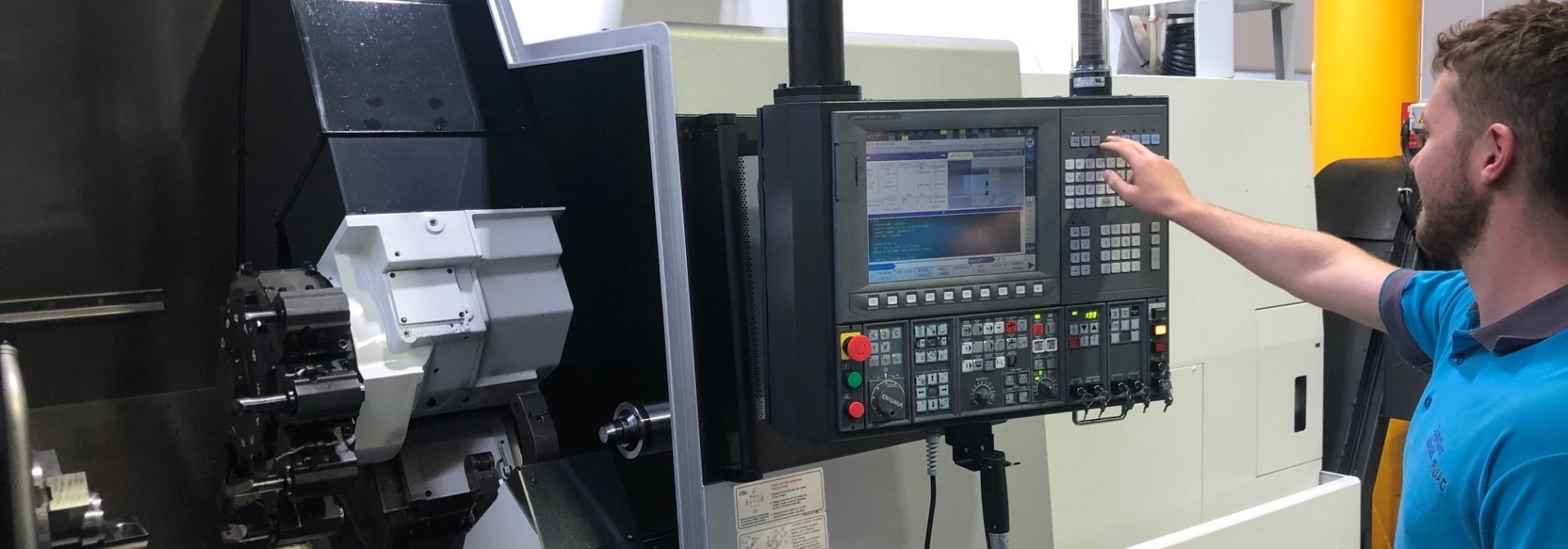RUAG Australia Upgrades Manufacturing Centre to Industry 4.0 Standards
BAYSWATER, AUSTRALIA: RUAG Australia has implemented Industry 4.0 standards throughout their Bayswater site. The acquisition of next-generation embedded technology ensures RUAG is able to transition its machine shop into a state-of-the-art interconnected, data-driven environment. The upgrade improves productivity and enhances the reliability of the manufacturing process to benefit customer supply chains, including those for hydraulic components for the Joint Strike Force (JSF) F-35 programme.
Industry 4.0 brings with it the next-level advancement of interconnectivity between devices, equipment, tools, visualisation systems, and their human users within the manufacturing system. It is an optimisation and networking of existing computerised technologies with a central server to create cyber-to-physical systems for ensuring a smarter, more productive factory.
The move to full interconnectivity at RUAG’s Hydraulic Centre of Excellence, housed at its Bayswater facility, generates significantly improved efficiencies as it creates a new human-to machine interface. Real-time performance data is immediately available at any given moment throughout the manufacturing system thus safeguarding reduced manufacturing lead times and securing a more efficient and reliable supply chain.
“Moving to Industry 4.0 allows us to more fully realise the potential of recent workshop upgrades and investments in manufacturing capabilities and in so doing ensure we deliver high performance for our customers,” states Terry Miles, General Manager RUAG Australia. “Exploiting the equipment’s ability to be networked, we are able to generate a full array of visual performance indicators on demand that report on overall equipment effectiveness. Our process reviews are granular, where we trend uptime, identify otherwise-hidden process bottle-necks, and provide visual management controls within each work cell,” he adds.
The transition of the Bayswater facility to Industry 4.0 standards included the integration of a dedicated server capable of interfacing with manufacturing tools running dated software platforms as well as those featuring state-of-the-art data interfaces. Software integration and machine connectivity ensures all manufacturing process data is logged into a relational database management system (RDBMS). Teams company-wide have direct access to the intuitive and straightforward system of representing data and are able to interrogate and trend machining performance in real time.


